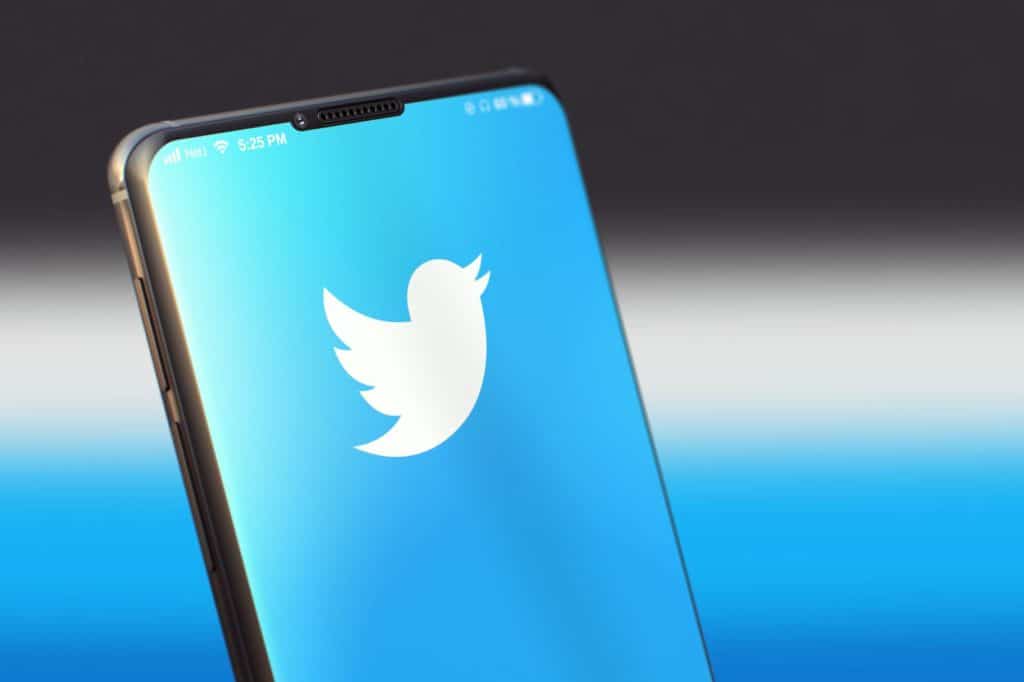Twitter’s revenue has plunged by 40% due to the loss of advertisers on the platform. Over 500 top brands have withdrawn from the microblogging site ever since tech mogul Elon Musk acquired Twitter.

Quick Facts
- Twitter has lost its trusted advertisers leading to a 40% dip in its revenue
- The sharp decline in advertising opportunities could prompt Musk into implementing more stringent cost-reducing measures
- Twitter’s advertising business is in a deep crisis
A senior manager at the company notified its employees about the 40% collapse in daily revenue in comparison to last year. Twitter has lost more than 500 of its top advertisers and the consequences have been dire.
Musk had assured the world of the company’s solid money-making plans in 2023 but the persisting decline of Twitter’s advertising business has overshadowed his pursuits.
What caused Twitter’s financial decline?
Twitter’s revenue was down by 35% in the fourth quarter of 2022 after its top advertisers pulled out from the business after Musk’s takeover. One of Twitter’s employees blamed several factors including inflation, the Russian invasion of Ukraine, and the controversial launch of Twitter Blue – a paid subscription service – that might have caused it.
Twitter was at pace with 98% of its internal projections before Musk’s acquisition on October 28, 2022, which implies his methods could have backfired.
A senior engineering manager on Twitter, Siddharth Rao, revealed that more than 500 of the platform’s important advertisers ceased their spending on the app, as reported by The Infomation.
Twitter is heavily reliant on advertising money for revenue and Musk’s vision of making the company less dependent on advertisers has not proved feasible.
Why did advertisers withdraw?
Major advertisers have publicly voiced their disapproval regarding Musk’s methods of operating Twitter. He implemented drastic changes to the platform’s content moderation and account verification system including the restoration of previously banned accounts.
He was also responsible for dismissing the company’s key executives who were trying to diminish hate speech. Former President Donald Trump’s account was reinstated under Musk’s watch.
As a result of his unfavorable outlook, the likes of Omnicom and Interpublic Group apart from other major companies asked their clients to temporarily ban all advertising on Twitter.
Clients of GroupM, debatably the most significant ad-buying firm, have also cut back on their spending since Musk took over claiming the company has become high-risk.
Musk tried hard to make Twitter less reliant on ad revenue over the last few months due to the increasing backlash from advertisers. His attempts include a disastrous overhaul of the “Twitter Blue” subscription service, where users have to pay $8 per month to earn a blue check mark.
Verified users have access to exclusive features including priority placement in search results. Twitter has slashed its workforce by 75% over recurring episodes of layoffs and staff resignations.
Musk instructed his employees to fit into his methods or take an exit from the company. Under his guidance, the company has been repeatedly accused of missing payments for its offices and reducing office perks.
Basic amenities are also blocked prompting workers to resort to bringing their own toilet paper to the company’s San Francisco headquarters. Musk offloaded the majority of Twitter’s sales team including many employees who oversaw the company’s key advertisers.
He also terminated around 50 engineers and data scientists working on enhancing Twitter’s advertising product.
What’s next for Elon Musk and Twitter?
The faltering financial conditions in Twitter have coaxed Musk into undertaking extreme cost-cutting measures after his $44 billion acquisition. He is running out of time as he prepares to pay a portion of the Twitter debt he accrued.
The first interest payment is due this month, as reported by Financial Times. Musk has been shockingly open about Twitter’s battered financial outlook alerting employees in November that the company might go bust if it fails to recover its balances.
Despite that, Musk threw in a streak of optimism as he shared a link to an Axios report detailing how “more than three dozen news outlets, media companies, and sports leagues” have reached content sponsorship deals with Twitter this year.
“The party is on!!” Musk remarked.